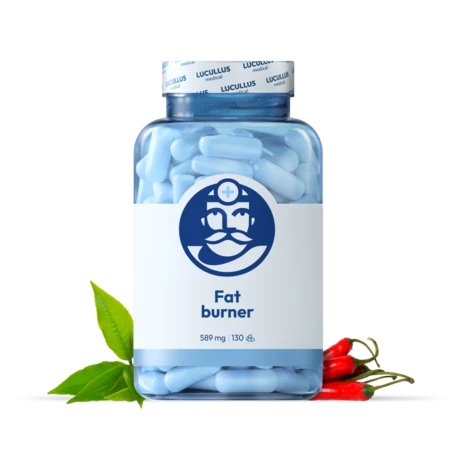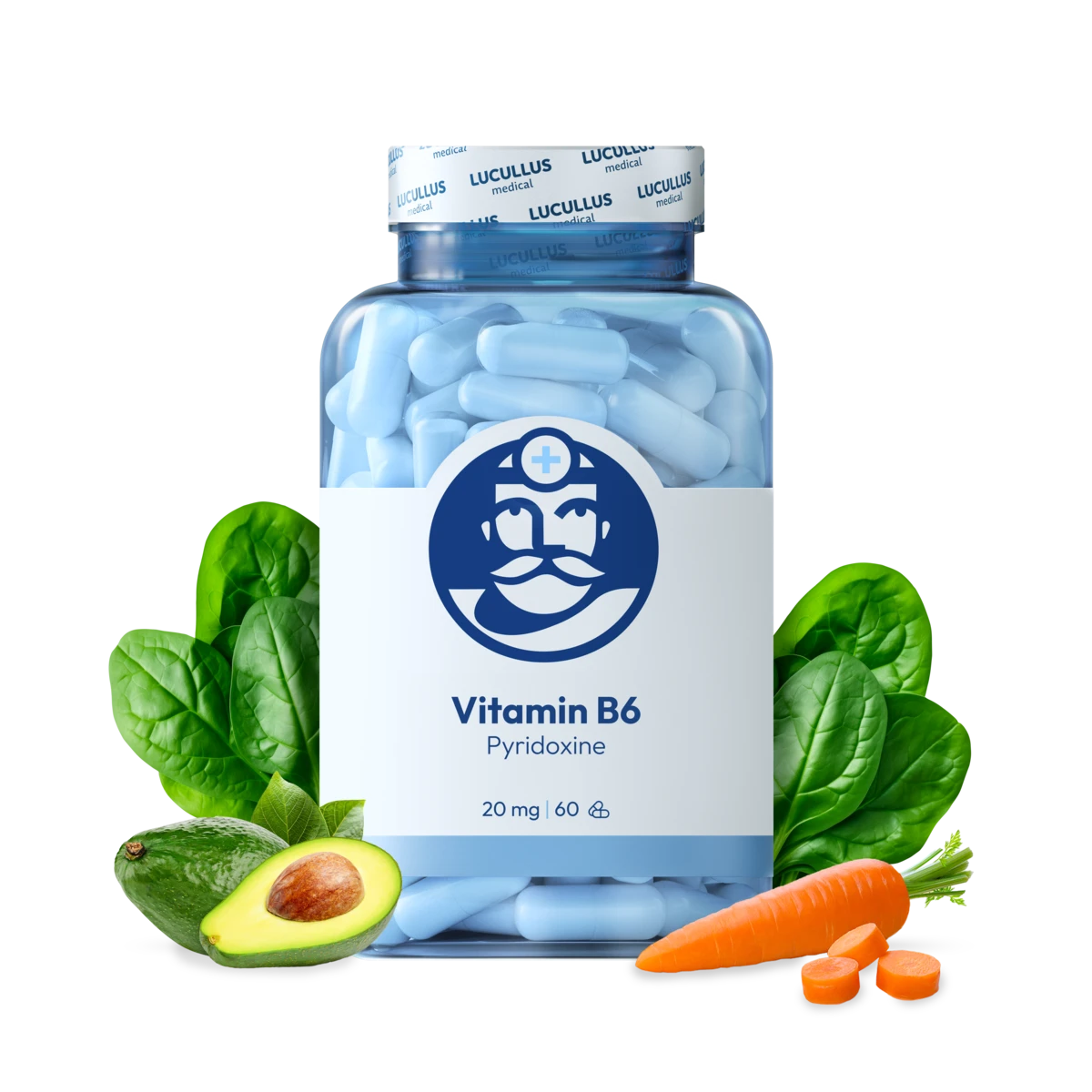
Histamine Control
Histamine is often perceived negatively, especially for its role in allergic reactions and intolerance. As with many things in life, black-and-white thinking is not suitable for this biogenic amine. As a neurotransmitter, it participates in many critical processes. In defending the body, for example, it supports the enlargement of blood vessels, making it easier for immune cells to access the site of inflammation. At the same time, it stimulates the production of gastric juices (essential for food processing), regulates the sleep cycle, controls appetite, and plays a role in learning, memory, and emotions. Histamine naturally occurs in the human body, and its balance is crucial for health. In the digestive system, it's broken down by the enzyme diamine oxidase. However, if histamine intake is greater than the body can break down, histamine intolerance develops. This imbalance can be caused by stress, poor lifestyle, medicines, or other factors. Excess histamine can lead to unpleasant symptoms, often resembling food allergies or digestive issues. It's essential to understand histamine as an important helper in our body.

B9 with a huge impact
If you were to test your diet today, you might find that despite healthy eating, you lack enough vitamin B9 - folic acid. Popular avocado toasts are in vogue, but unlike spinach, lentils, or broccoli, they don't contain much B9. Folic acid was first isolated from spinach, and although it is most commonly associated with pregnancy, its importance concerns each of us.

Ashwagandha - Withania somnifera
„Ashwa“ (horse) „gandha“ (root smell), the name itself points to the plant's ability to provide strength and vitality (animal strength hidden in the root). Known by names „Indian ginseng“ (similar root shape), also „winter cherry“ (fruits resemble cherries). From the small bush with yellow flowers, mainly the root is used in traditional medicine. Given its calming effects, it's appropriately named Withania somnifera, sleepy or dreamy. The Latin name somnifera also reveals its sleep-inducing property.

Let Yourself Shine with B2
The “yellow spark” that powers our body is vitamin B2 - riboflavin, (from Latin flavus “yellow”) was first isolated from milk and initially named lactoflavin. Its uniqueness was noticed by scientists due to its natural fluorescence under UV light, which helped them better understand its distribution in nature. But it wasn't just its mysterious light that attracted scientists' attention. It holds the power to transform food into life force. Riboflavin, aka vitamin B2, is not just a pretty fluorescent molecule, but it is important in cellular metabolism.









